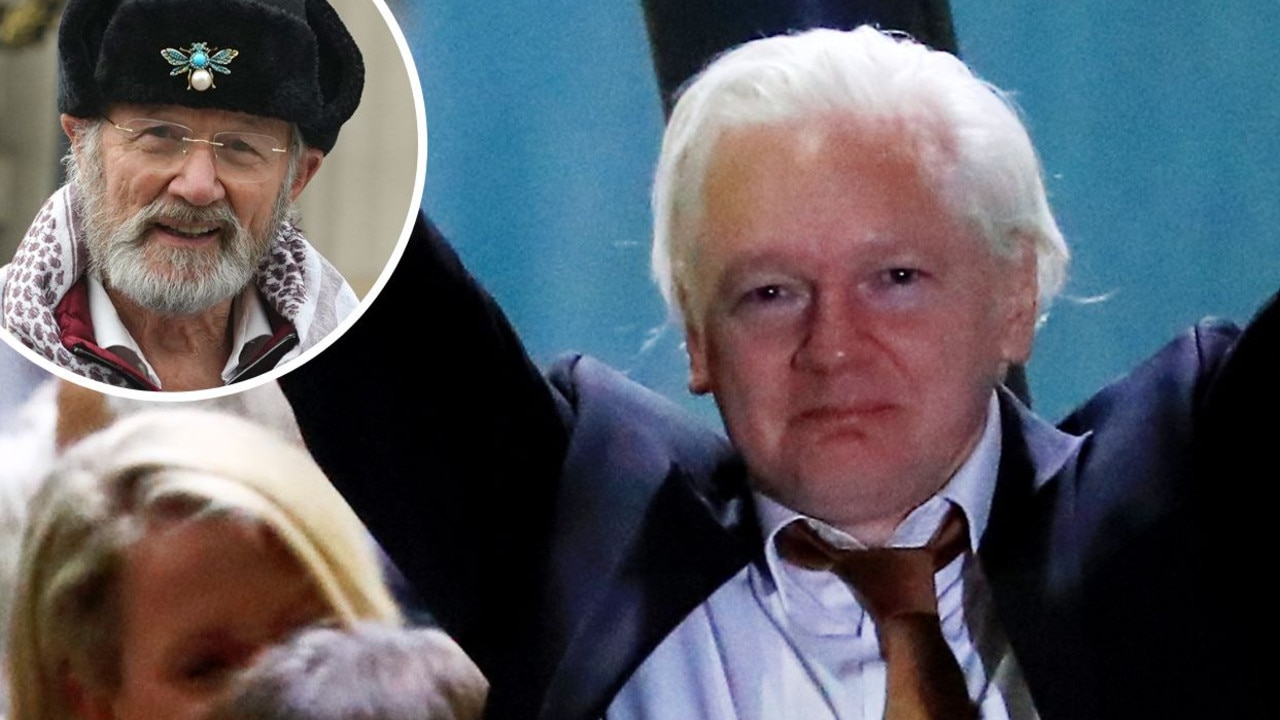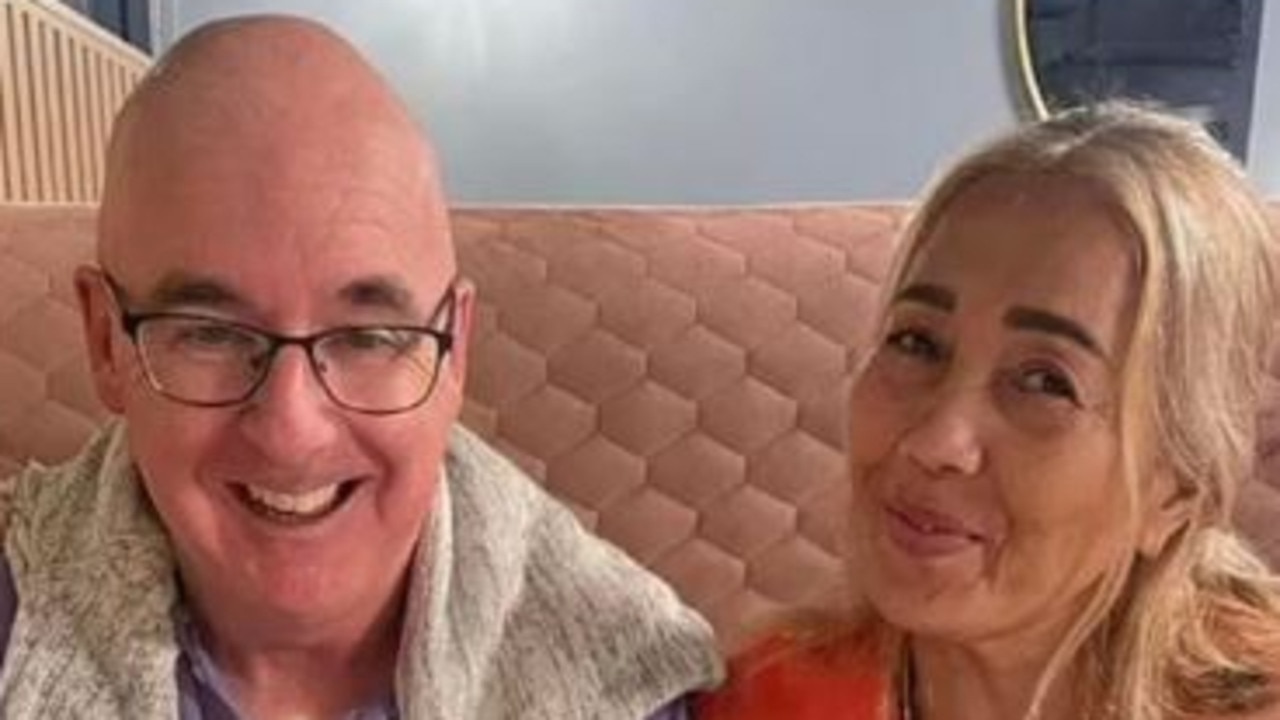Inside ‘scared, broke’ Neil Prakash’s elaborate Islamic State terrorism web
Classified reports about convicted terrorist Neil Prakash have revealed startling details about him for the first time, including how he had just $11 and a mobile phone in his pocket when he tried to flee Syria.
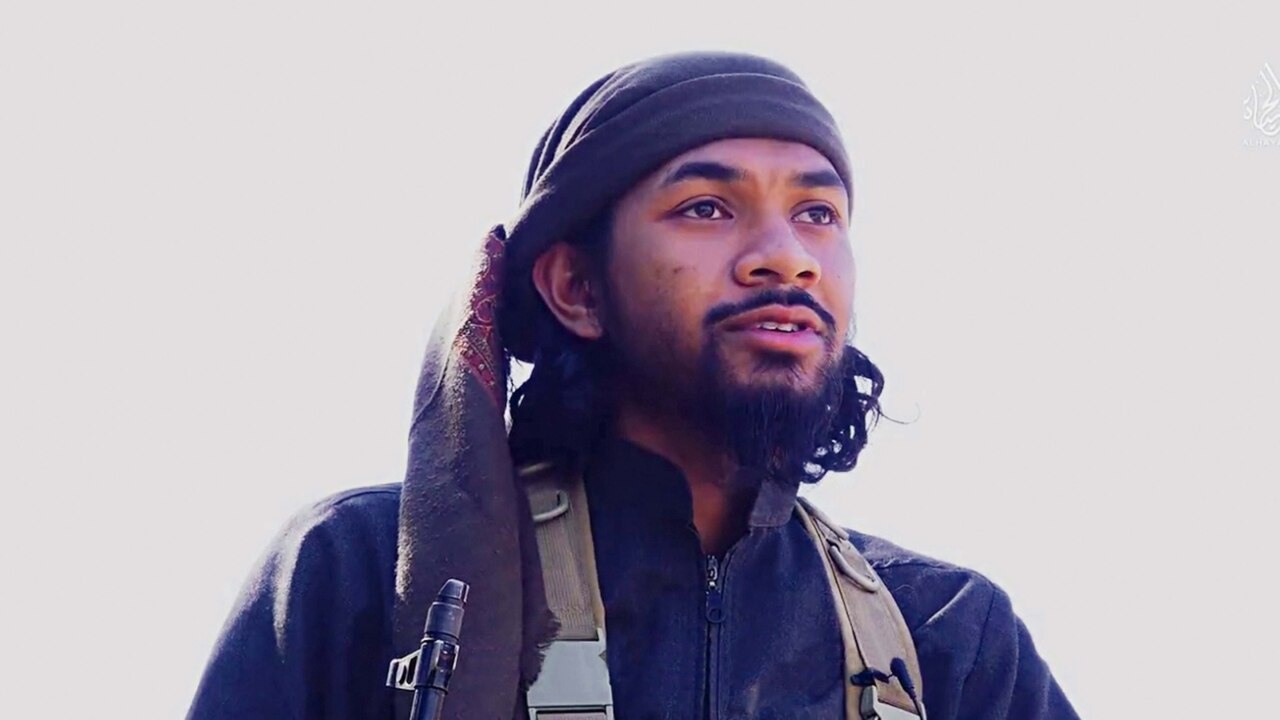
Crime in Focus
Don't miss out on the headlines from Crime in Focus. Followed categories will be added to My News.
Exclusive: Scarred, scared and broke, Neil Prakash had just $11 and a mobile phone in his pocket when he tried to flee Syria and the Islamic State terror group he’d been enthusiastically supporting for the previous three years.
News Corp Australia has seen classified reports compiled on Prakash and his arrest which showed Turkish border guards fired a warning shot above his head as he ran towards the border near the town of Kilis at 2.50am on October 24, 2016.
He was accompanied by two widows and three children, and had nothing to show for his three years as an Islamic State propagandist and jihadi who helped encourage attacks in Australia and the west.
Prakash’s jail time revealed for terror crimes
Aust officials turn up at Prakash’s hearing
Aussie terrorist ‘regrets’ joining ISIS
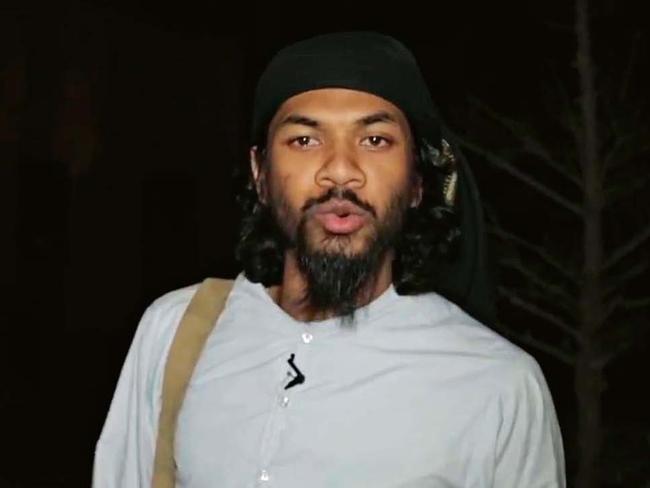
Turkish police who searched him found him in possession of two gold bracelets, a Samsung phone and Turkish SIM card, a power pack, and fake Syrian ID in the name of a Cambodian citizen called Piseth Doung. The Syrian banknotes in his pockets added up to just $11.19.
An investigation by doctors confirmed what Prakash told his interrogators — he had been injured on the battlefield. A scar on his left chest and nipple ran for four to five centimetres. Another scar was identified on his right arm.
Authorities also determined, based on information from Interpol and other international law enforcement organisations, that Prakash held Fijian citizenship.
The officials determined he was “Australian/Cambodian and Fijian’’ — a belief the Australian Government apparently shares, as it revoked Prakash’s Australian citizenship on the grounds he was a Fijian citizen, or could avail himself of Fijian citizenship through his father.
The classified reports shed new light on what happened when Prakash tried to escape Syria on October 24, 2016, only to run into Turkish border guards who had already been tipped off by Australian authorities.
Australia has never confirmed the tip, which saw him arrested just five months after the Americans operating in Iraq and Syria told the Government Prakash had been killed in a drone strike. The information from Centcom — the United States Central Command — in May 2016 was considered so solid both then-prime minister Malcolm Turnbull and then-attorney-general George Brandis confirmed it publicly.

However, it emerged that not only was Prakash alive, Australia knew where he was, and knew when he was trying to slink back across the border as the caliphate collapsed.
When Prakash was arrested, he told investigators he had two wives and three babies. The reports make no mention of them, and instead focus on the two widows and three older children who tried to escape with him.
The first was a woman called Rumana Bibi, the Bangladeshi-born wife of Prakash’s friend Abdullah Khan, who he met in Idlib. She had two children, Husayn Abdullah and Safa Abdullah.
The second woman was Bibi’s friend Fadxiya Ahmed, a Somalian woman, and her child Nima Mahamed.
The women’s statements, also revealed by News Corp today for the first time, show both women denied being a member of any terrorist organisation. At a court hearing in February, the Kilis Criminal Court officially gave up on the search for the pair, who were released after being arrested with Prakash, and disappeared into the community. Their whereabouts are unknown.
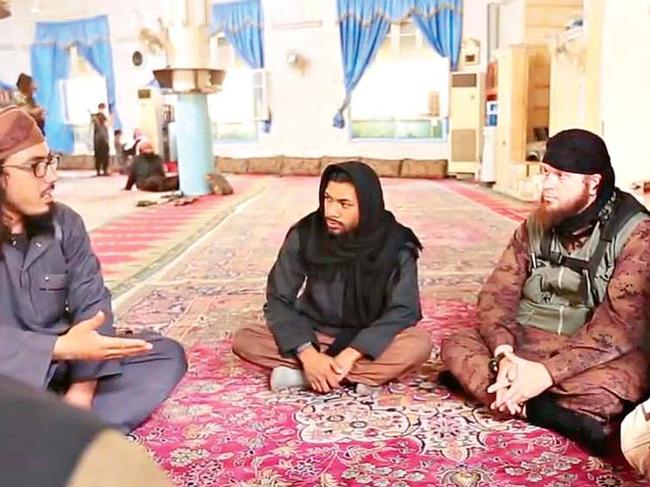
Bibi told her interrogators that her husband, Abdullah Khan, had been an imam in a mosque in Bangladesh, raising money. He had gone to Syria in January 2015, but she was unable to join him as she was pregnant.
“Meanwhile my husband joined the anti-Assad regime group called Ahrar u-sham and he started to do the imam duty and I learned this on the phone,’’ she told investigators.
Ahrar u-sham is an Islamist group which seeks to impose sharia law, and Prakash met Abdullah Khan, who he affectionately called Abu Nuh, when he joined the same group in Idlib in Syria.
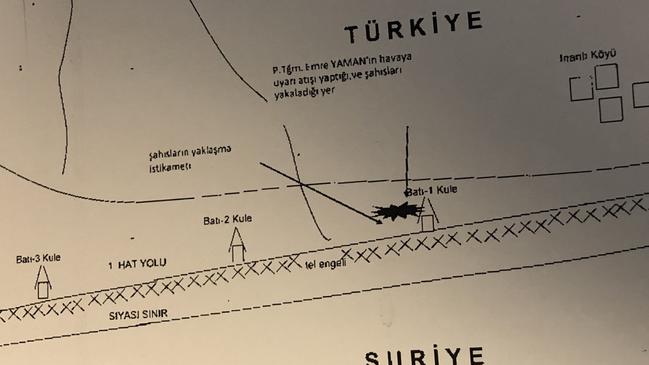

Bibi told interrogators that after her baby was born in March 2015 she had flown to Istanbul in Turkey, then gone to Ankara, then to Gaziantep near the border, where “we smuggled to Syria illegally’’ to be reunited with her husband.
“My husband and I started to live in Idlib but my husband was killed in 2016 in an air strike of the Assad regime,’’ she said.
“I decided to leave Syria after he was killed.
“Later on I met with my friend Fadxiya and Piseth Doung and we have been caught at the border. I have no relation with ISIS and I am not a member of any terror organisation whatsoever.’’

Fadxiya Ahmed told her interrogators she had married in Somalia and had a baby girl, but divorced.
A qualified English teacher, she applied to many countries for a job, but only Syria gave her a “positive response.’’
She flew to Damascus in about 2014 and worked as an English teacher at a school for eight months.
“As I was a Somalian, Damascus police were always coming to my home and harassing me,’’ she told interrogators.
“Therefore I moved to Idlib so I could get back to Somalia but I met here (a man) who treats me decently, a person called Abu Hashim.
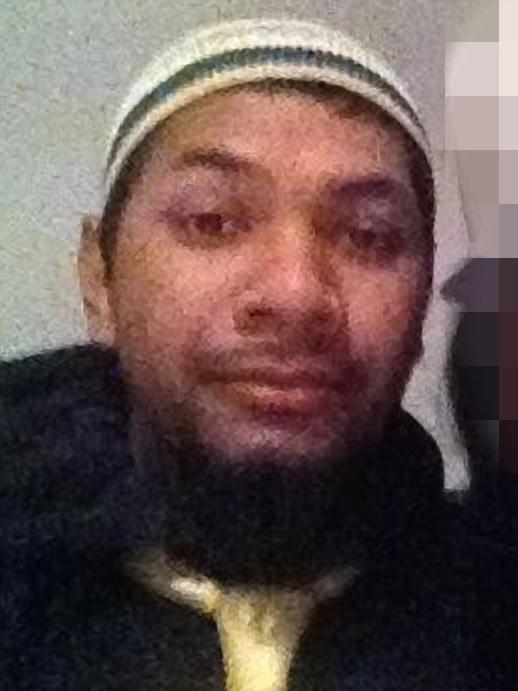
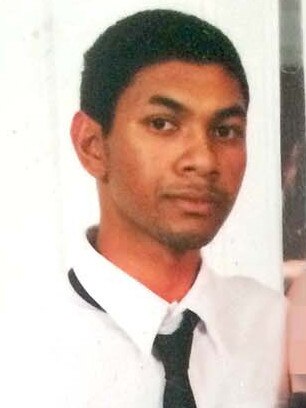
“And then we married in a short while, but unfortunately my husband Abu Hashim has died six months ago in an air strike of the Assad regime.
“I tried to leave Syria afterwards and also I was with my friend Bibi who wants to leave Syria and who has been widowed also. We came to Azaz and we have been caught on the Turkish border.
“Neither my late husband nor me has any relation to ISIS. According to me ISIS is an organisation that massacres Muslims.’’
Armed with his fake identification, Prakash stuck to his story for several months, signing official Turkish papers under the name of Piseth Doung and insisting he born in the Takeo province of Cambodia on June 7, 1991.
But all along Turkish authorities knew who he was, and that he was born in Melbourne on May 7, 1991, and grew up in Melbourne’s southeast suburbs.
“My father’s name is Choung and my mother’s name is Sopheap,’’ he lied to his interrogators.
“My name is not Neil Christopher Prakash.
“I have never been an Australian citizen.
“I have never been there.
“I am not an Australia citizen.
“I don’t have any other nationality. I am only Cambodian nationality, my native tongue is Cambodian.
“I speak quite well of English, and I haven’t told this to any official authority. That’s all I am going to say.’’

The arresting documents list Prakash’s crime as being a member of a terror organisation and doing an act of crime with that organisation.
It shows he was arrested at Inanli village on the Syrian border, close to Kilis central, between the 72nd and 73rd border watchtowers.
“Spotted by the Turkish forces. There was some illegal trespass attempt into Turkey, three kids, in total six (people),’’ the documents seen by News Corp say.
“First one is Cambodian Piseth Doung (who) said he was born in Cambodia as a Buddhist family child, and then he was influenced by the videos on the internet which is related to ISIS and he choose to be Muslim afterwards.
“Then he come all the way to join ISIS.’’
It is widely known that Prakash travelled via Malaysia to get to Turkey and eventually into Syria.
The documents name a man with the surname of Abdul Kadir as the person who generated a fake passport and identification documents for him in January 2015 (this is an error in the document, it was actually 2013).
“He put me in contact with Abu Sherif who would take us to Syria in illegal ways (smuggling),’’ Prakash told interrogators.
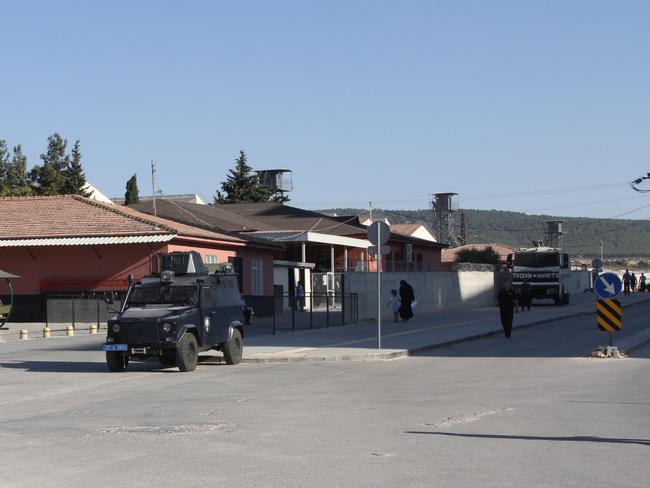
He told how he went to Reyhanli in Turkey’s Hatay province and was smuggled across the border into Syria.
News Corp has previously revealed how he spent three weeks in Idlib with Ahrar u-sham.
Prakash then admits he lied to the group and went to join Islamic State in Raqqa, where he underwent two weeks’ military training, including with a Kalashnikov weapon, and fought Kurdish troops in the Syrian border town of Kobane.
“While I was resting with my group in Kobane we have been attacked by a PYD and PKK group (Kurdish fighters) and they threw a bomb at us which injured me from my arm and chest,’’ he said.
The documents contain sketches from doctors who detail the injuries found on Prakash, including on his chest and arm.
Prakash tells how he snuck out of Raqqa and went on the run for six months, hiding from Islamic State who were killing deserters like him.
He made it to the town of Azaz, just over the Turkish border in Syria, in October 2016, with the widows and their children, where a smuggler called Hasan charged them US $4000 to take them to the border and provided him with the fake Syrian identification papers in the name Piseth Doung.
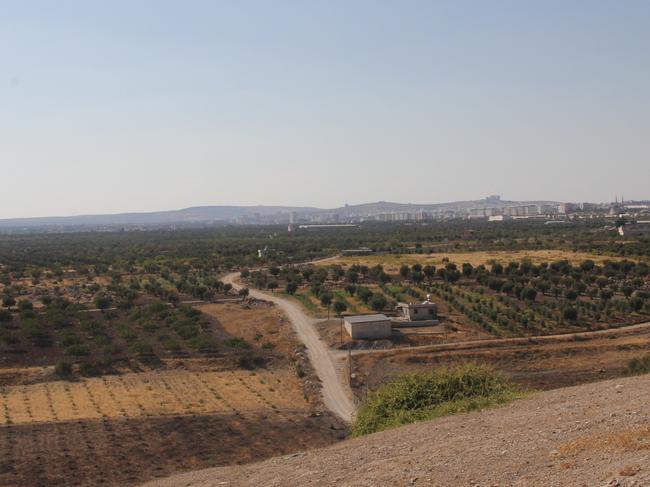
Hasan left them in the village of Shimarin, where they ran for the border. But guards saw them and ordered them to stop.
A Turkish gendarme report shows an Interpol search had revealed no evidence of a Cambodian citizen called Piseth Doung.
The Cambodian consulate said they had no record of him.
“But it’s obtained that his real name is Neil Christopher Prakash who claimed he was Piseth Doung and he was wanted by the Interpol records we obtained,’’ the gendarme reported.
By 11.30am on October 25, just nine hours after he was caught, authorities knew they had their man.
A record of his possessions show he had with him: “1 x Samsung mobile phone and email, 1 x Turkcell phone line GSM card, 4 x pieces of 1000 Syrian money, 3 x 500 Syrian money, 1 x power bank, 2 x golden bracelets, 1 x Syrian ID, 6 x 200 Syrian money, 3 x 50 Syrian money, 3, x 100 Syrian money.’’
The Syrian pounds he had added up to just $11.19 in Australian currency.
A Turkish military lieutenant reported what he had seen the night of the arrest.
“At 24th October 2.50am were doing regular patrol and they saw six people,’’ he wrote.
“They (border guards) warned them by shouting ‘stop’ and they fired once into the air.
“After the warning shot the people stopped on the road where they were running and they arrested them with these belongings.’’
Fadxiya Ahmed refused a medical exam because she was pregnant and believed it would be sinful for someone to examine her.
A medical report for “Piseth Doung’’ reported “on his left nipple there’s a scar four or five
centimetres. And a scar on his right arm.
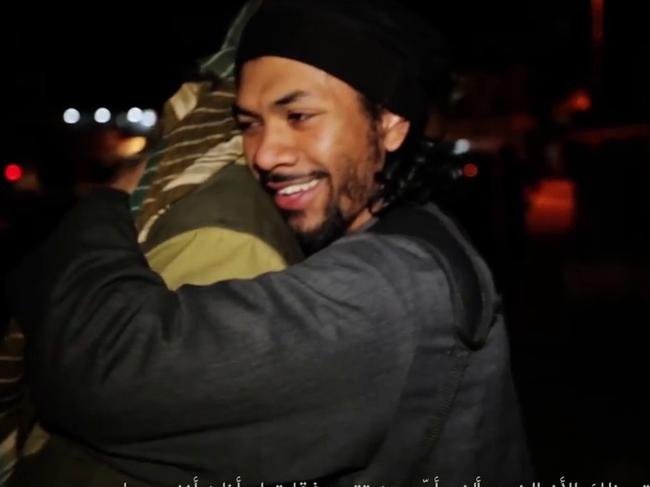
“We have observed that there is no indication of any wound that causes him pain or obstructs his ability of perception,’’ it said.
“He doesn’t have any dangerous or severe wounds.
“He doesn’t have any problem of speaking. His sense is working well. He doesn’t have any loss of absolute of talking.
“He doesn’t have any loss of fertility.
“There is no indication that his facial appearance has been changed.
“In the first examination no sign of broken bones or life function problems.’’
It said he had scarring on his “right knee, back of his right elbow and his left chest.
“Right now there is no vital risk, he is okay to go and it’s approved by the doctor,’’ the report said.
By December 23, after two months in custody, Prakash was ready to confess.
“I do not want to go back to Australia, my real name is Neil Christopher Prakash,’’ the document records from a court proceeding.
“My father’s name is Sunni Prakash and my mum’s name is Venna Noh.
“I want to stay in Turkey.
“I am a Muslim. I joined ISIS in order to fight for them and I went to Syria.
“I stayed three years on ISIS fronts.
“I have been in Raqqa. I have been in Kobane. I have been given two weeks of religious education. I
have been taught how to use a Kalashnikov by myself.
“Some parts of the statement that I have given previously is a lie.
“I have regrets because I joined DAESH.’’
Originally published as Inside ‘scared, broke’ Neil Prakash’s elaborate Islamic State terrorism web

